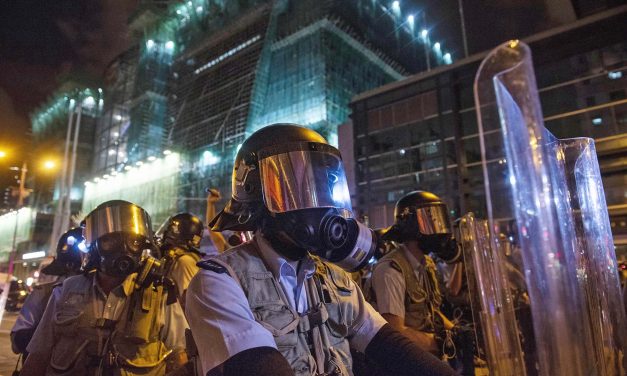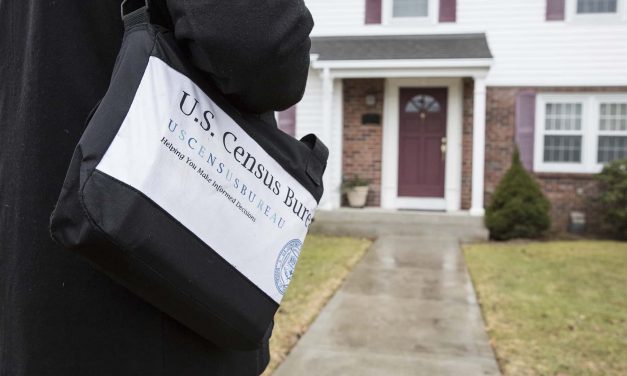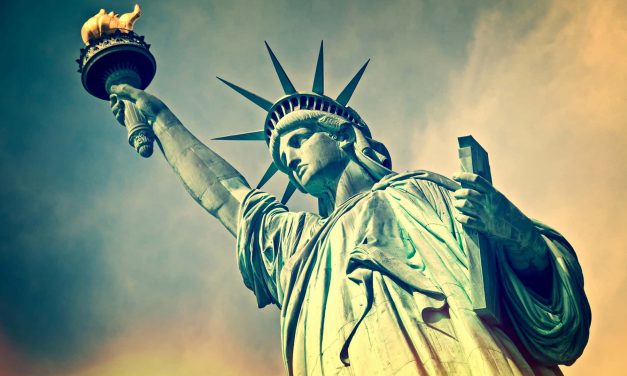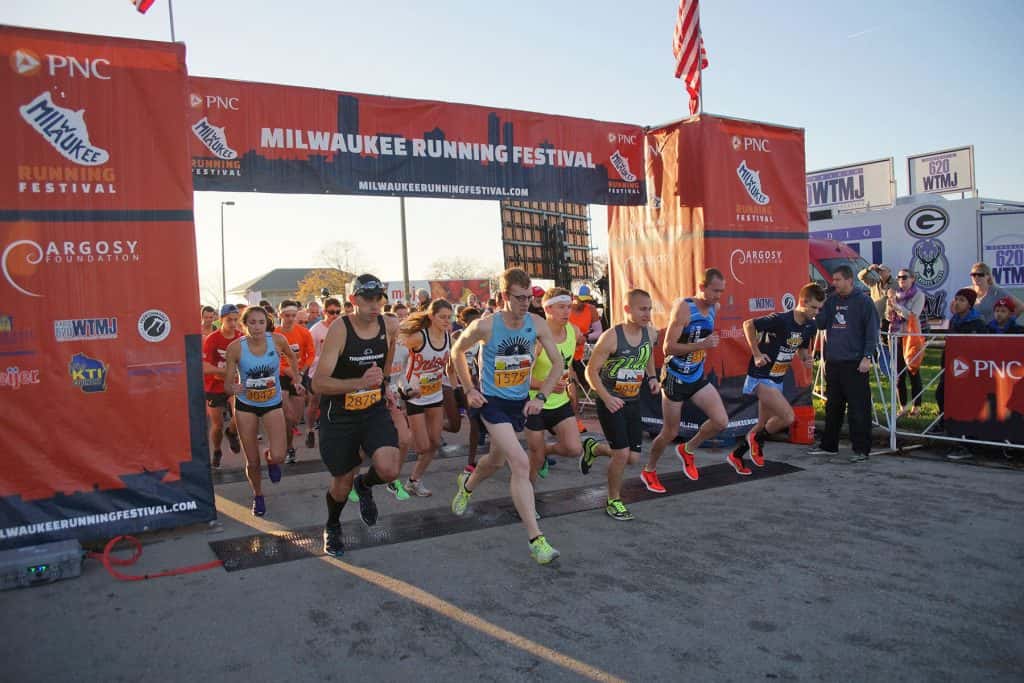China’s method of control in Hong Kong seen as a harbinger for American politics in 2020
By Deana Rohlinger, Professor of Sociology, Florida State University The summer of 2019 has seen week after week of protest in Hong Kong. The unfolding events, and how the China’s government benefits from the civil disobedience, serves as a potential propaganda playbook for the Trump administration’s reaction to racial tensions in the run up to the 2020 presidential elections. The protests began June 9 when as many as a million people marched against a bill that could allow suspects to be extradited to China. Hong Kong’s chief executive, Carrie Lam, who was appointed by Chinese Premier Li Keqiang in...
Read More















